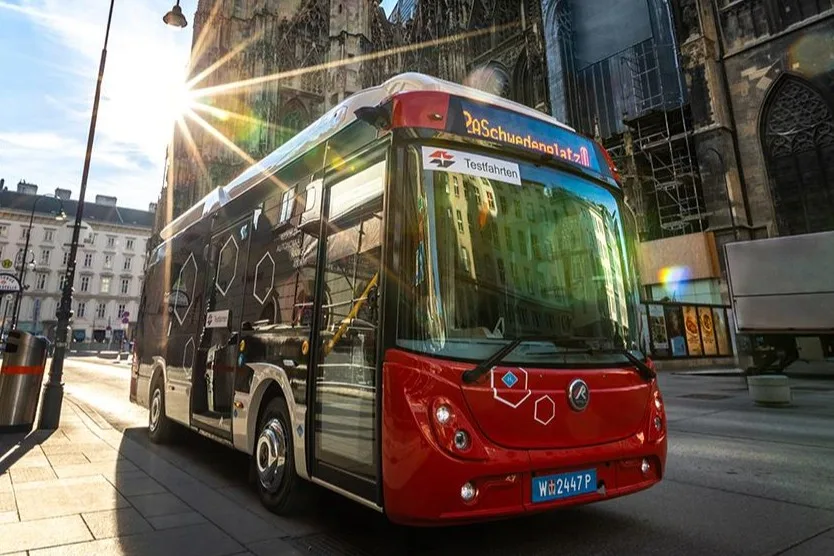Italian bus manufacturer Rampini has unveiled its new H2EU Power division, which will develop and supply hydrogen fuel cell systems for commercial vehicles, off-highway applications, and stationary energy solutions across Europe. The division will operate independently but benefit from Rampini as an anchor customer.
The hydrogen fuel cell systems will cover a power range from 30 to 140 kilowatts, aiming to accelerate the development and market entry for commercial vehicle manufacturers. The technology is designed for a wide array of applications, including midi-buses, medium and heavy-duty vehicles, and stationary energy storage.
See also: Hyundai Motor Group Launches Energy Hydrogen Business Division to Strengthen Hydrogen Ecosystem
H2EU Power will be led by Luigi Fusi, overseeing commercial operations in the MENA (Middle East, Europe, and North Africa) region. The company sees Italy as strategically positioned to supply hydrogen-based solutions, leveraging its renewable energy resources and the potential for fuel cells to outperform battery-electric vehicles in mountainous and remote areas. “We can support customers at every step, from early prototyping to full-scale production,” the company stated, citing Rampini’s automotive expertise as a key advantage.
Rampini has a history of innovation in electric and hydrogen-powered buses, having introduced its first hydrogen fuel cell buses in 2022. In 2024, Vienna’s public transport operator, Wiener Linien, selected Rampini to supply ten new hydrogen-electric minibuses to replace its current electric fleet on Lines 2A and 3A. These new vehicles will be refueled with locally produced green hydrogen.
See also: MPK Poznań Expands Zero-Emission Fleet with Nine New Solaris Hydrogen Buses
Rampini’s move into hydrogen technology reflects a growing trend in the transportation sector, where operators are seeking alternatives to battery-electric solutions, particularly for routes requiring extended range and rapid refueling.
